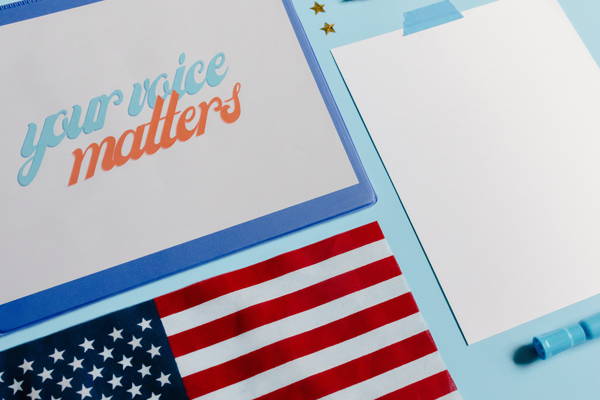I’ve recently heard three people I respect in the collision repair industry each quote a different phrase that really resonated with me.
I found myself continuing to think about how what they said is very applicable to our industry. So I thought I would pass those things along here.
First, I was recently at a conference where Dan Risley of CCC Intelligent Solutions used the term “post-collision emotional support.” That brought to mind a couple of experiences I’d heard just recently from owners of General Motors vehicles.
In the first, a Texas collision repairer told me his daughter had been in an accident in his vehicle. Not only did OnStar notify him of the accident, but they stayed in contact with him the whole time he was getting to the hospital where his daughter was taken.
In another instance l heard from a GM owner, OnStar not only contacted him at the time of the accident to make sure he was OK, but followed up with him the next day just to confirm.
I think that’s pretty amazing. It reminded me that about a year ago, after I’d had a medical procedure, both my doctor and the anesthesiologist called me the next day just to follow up, to make sure I was OK and wasn’t having any side effects. It meant a lot to me that they took the time to do that.
I think the automakers are recognizing the opportunity that telematics offer them to provide that “post-collision emotional support” Dan was talking about. I think the GM stories are examples of that, and it’s going to help the OEMs leverage their brand and create raving fans out of customers who are in an accident in a GM vehicle.
So is there a way for us as shops to similarly provide post-collision emotional support? I think there is. How about a follow-up call to the customer the day after they pick up their vehicle, just to ask if everything is good with their vehicle? I know shops struggle with all the demands they have on their time, but couldn’t this be a great way to cement customer loyalty?
A second quote that really jumped out at me recently was shared by a Collision Advice teammate, Sheryl Driggers, who I have so much respect for. We were having a team meeting, and she said something like, “Where there is no communication, negativity fills the void.”
It made so much sense in the context of our discussion that I asked her about it. She said she was paraphrasing Jon Gordon, author of “The Energy Bus,” “The Power of Positive Leadership” and other best-selling books.
The actual quote from Jon: “Where there is a void in communication, negativity will fill it. Fill the voids so negativity can’t breed and grow.”
To me, this really brought to mind all the supply chain issues we’re struggling with. If there are delays with the repair of a vehicle because of back-ordered parts or insurer-caused delays, are you keeping those customers actively informed about what’s happening? If there’s a void in your communication, they may be filling that void with negativity: “Man, that shop has really dropped the ball and isn’t getting my car fixed.”
The fact Sheryl brought this concept to my attention hit home again just a few days later when I heard Ray Chew of CCC talk about what he termed a “no-update update.” Ray was talking about reaching out to customers just to let them know there’s nothing new you can tell them---there’s still no timeline from the supplier for the arrival of the part we need, for example---but you wanted to at least give them that update.
The “no-update update” will help fill those communication voices to prevent negativity from creeping in.
I’d love to hear how you’re offering “post-collision emotional support” or “no-update updates” to help avoid “voids in communication” at your business. Or if there’s a phrase or quote you’ve recently heard that’s resonated with you, drop me a line at mike@collisionadvice.com.














Mike Anderson